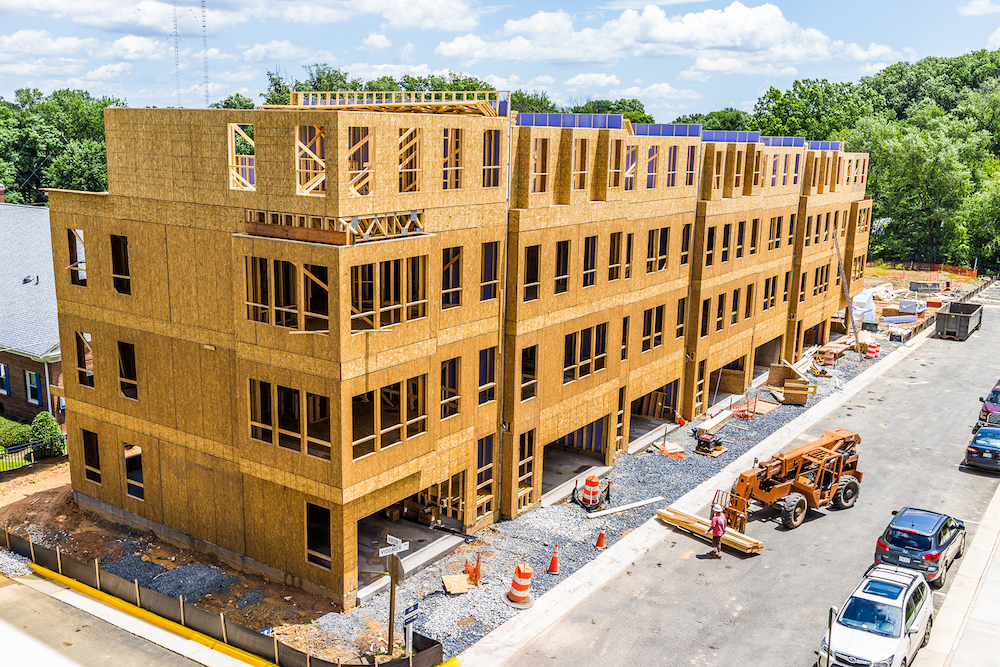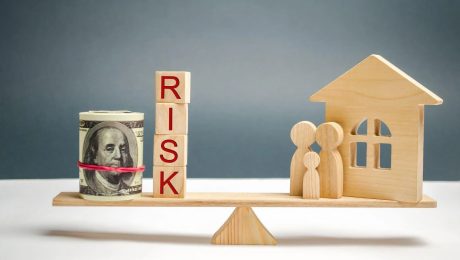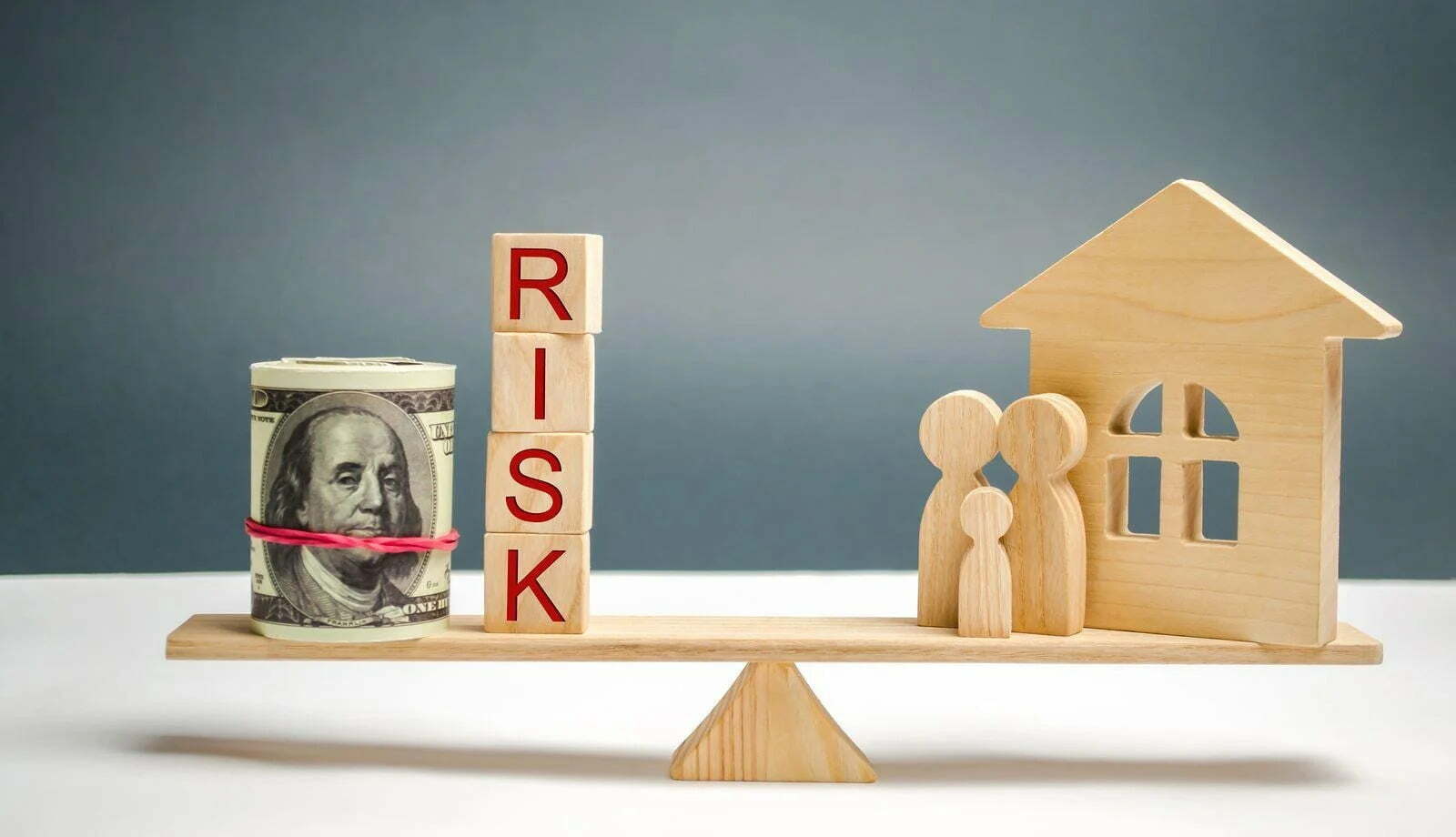Commercial Property Selling Guide For Karachi
The art of Commercial Property Selling has always been more accessible than buying it. It can be confirmed as potential clients tend to visit or contact the seller rather than sellers visiting the clients and finding interested prospects. Another advantage property sellers have is that they do not have to pay taxes of different kinds. There are perks, but this doesn’t make entrepreneurship quite simple.
Here we’ll discuss real estate in Karachi.
Selling & Transfer Procedure Of Property:
The property selling process in Karachi is somewhat similar to those set by individual developers in housing societies. The question that intrigues most individuals is how one transfers property ownership in Karachi.
The transfer process proceeds in the office of Karachi’s land development authority. If the project is from a private sector and registered developers, the transfer of the property takes place in their respective office place.
What to Keep In Mind When Selling Property:
To start a business in Karachi regarding land sales, one should know a few things to keep in mind. Research beforehand should be done regarding the land and its sales. One should find an agent, set the agent’s commission, and keep in mind the token money, initial deposit, no-demand certificate, taxes, and transfer letter.
Research & Agent Hunt:
One shouldn’t depend entirely on the agent they hire but explore the market rate that the property stands. When one knows the worth of their property, they can put it up on sale at the best suitable price. This process benefits both sellers and buyers; when sellers make their minds up about selling their property, they are to check resources to maintain market rates. This process is quite time-consuming but pays off fruitfully.
The next is to find an agent once you’re aware of the market value of the property. One would question why an agent is to be hired, and the answer to that is to scavenge a profitable deal in a saturated market. The agent will be a helping hand in taking care of the processes.
Commission Of The Agent:
The agents get one percent of the profits as they work on a commission basis. Rarely does an agent adjusts commissions by the deal. The best way to overcome the latter problem and complications regarding this is to finalize the commission beforehand.
Token Money:
Once the seller finds the potential buyer, token money is to be paid by the buyer. Token money shows the intention of purchase of the buyer. In other words, token money reserves the property for the payer. The buyer can ask for a photocopy of the original documents of the property once the token money is paid for verification.
Deposit at Initial:
The buyer pays an amount of money marked as the initial deposit, 25% of the total price. The stamper paper is signed at this stage with terms and conditions.
The No-demand Certificate:
One needs to apply for the no-demand certificate near the date of final payment. The transfer of the property isn’t possible without this certificate. This certificate states that no dues are owed and includes taxes, transfer fees, and stamp duty applicable to buyer and seller. The buyer is to be provided with a copy of the NDC.
Taxes:
The tax payment is to be submitted to the house society or development authority office. The buyer must pay the transfer fee, stamp duty, CVT, and TMA Tax for the property.
Transfer Letter:
Both the buyer and seller are to be present at the time of the documentation of the transfer letter. Once the property is transferred to the buyer, the property no longer belongs to the seller. The payment is transferred into the seller’s account within a few days. The seller is to keep a check on their account when the payment is pending.
Conclusion:
Constant vigilance is required and vital when dealing with real estate. One is to be aware of the scams that are present in the market to stay safe.
Also, if you want to read more informative content about construction and real estate, keep following Feeta Blog, the best property blog in Pakistan.
Commercial Property Selling Guide For Karachi
How to Reduce Risk in Real Estate Business
For all investors, it is important to take measures to reduce risk in real estate investments. For that, a complete understanding of various market factors and trends is important.
Real estate shares a huge portion of economies around the world. With rapid population growth around the world, commercial and residential real estate has been on the rise. This has created opportunities for investors to pool their money in potential projects and secure their assets.
However, real estate investment is a complex and risky process. The market is volatile with several potential risks. Government policies keep changing and, similarly, the market trends keep shifting. Thus, a proper understanding of the market is required before making an investment.
Feeta.pk, Pakistan’s smartest property portal, brings you a guide to reducing risk in the real estate business.
Benefits of Investing in Real Estate:
There are several benefits of investing in real estate. Firstly, it is the best way to reduce the risk of assets losing their value. Secondly, a rental property provides a source of continuous cash flow.
The following are some other benefits of real estate investment:
- Provides greater returns on initial investments
- Long-term assets security
- Tax breaks and deductions
- A passive income source
- Covers mortgage payments
- Ability to leverage funds
- Protects against inflation
Risks of Investing in Real Estate:
Most investors are unaware of the risks involved in real estate investments and are unable to plan a strategy.
The following are some of the most prominent investment risks in real estate.
- Volatile market
- Negative cash flows
- High maintenance costs
- Investment in real estate takes time to grow
- Real estate transactions are slow
Factors Affecting the Real Estate Market:
The following are some factors that can affect the real estate market:
- Demographics
- Economy
- Employment opportunities
- Interest rates on loans and properties
- External investors
- Fiscal budget
- Government policies and laws
These factors govern the investment trends in any given area. Considering these factors and devising a strategy accordingly will help you reduce the risks involved.
Tips to Reduce Risk in Real Estate Business:
The following tips can help you get the most out of your investment with minimal risks:
- Understand the real estate market and its trends
- Choose the right real estate domain
- Consider the functional attributes of projects to reduce risk in real estate
- Invest at the right stage of project development
Understand the Real Estate Market and its Trends:
Understanding the real estate market is essential, especially in Pakistan, where inflation is growing every day, rupee devaluation is a common occurrence, and investment trends keep changing. Without having a solid knowledge of different trends, there are higher chances of investment failure.
Investment in real estate is of three types: buying, selling, and renting. Each type of investment requires a completely different understanding of the market. To understand each one of them, break down the market into micro components and research it.
Real estate companies can also guide you about the current changes that the market is experiencing. Moreover, they can give you options for projects with potential growth.
Choose the Right Real Estate Domain:

Source: Pinterest
With population growth, more residential projects have been launched. However, commercial real estate is mostly a high-end investment option, with people investing billions each year.
Real estate investment can be in the form of buying, selling, renting, and shareholding. All these options have different market requirements, risks, and benefits. Your investment in real estate largely depends upon your capital.
If you are a seasonal investor and looking to get the best out of your investment quickly, then buying a property and selling it after some time can be a suitable choice.
Consider the Functional Attributes of Projects to reduce risk in real estate:
Before making an investment, you need to understand the functional attributes of the relevant project. The first major thing to decide is whether you want to invest in a commercial project or a residential project.
To invest in a commercial project, you need a high investment. There are generally higher returns associated with this investment.
Commercial areas develop faster, and the development of local and international brands increases the value of these commercial plots.
Residential projects, on the other hand, require smaller investments, but it requires a long time to receive profitable returns. However, investors are confident to invest in residential projects, as the market is currently growing at a fast pace.
Apart from the nature of the projects, you need to look for the following functional attributes of a property:
- Location, location, and location
- Property style and size
- Home amenities
- Nearby facilities
- Taxes and cost of living
- Lifestyle needs
- Basic infrastructure
- Connectivity and transport
- Local market indicators
Compare your desired property to the other properties in the market with the same features. It will help you make the right investment with minimum chances of loss.
Invest At the Right Stage of the Project Development:

Source: Levelst
Real estate development is completed in seven different steps: land banking, land packaging, land development, building development, building operation, building renovation, and site redevelopment.
At every stage of project development, investment varies. For instance, if you are buying a plot file while land development authorities have released the construction plans you can own the property at low rates.
However, buying a fully developed commercial or residential unit is a big investment. These units can help you regain the initial investment in a short amount of time, however, the risk associated with it is also bigger. Thus, you need to carefully evaluate all factors before investing.
For more tips on how to navigate the real estate market, visit our Feeta blog.




